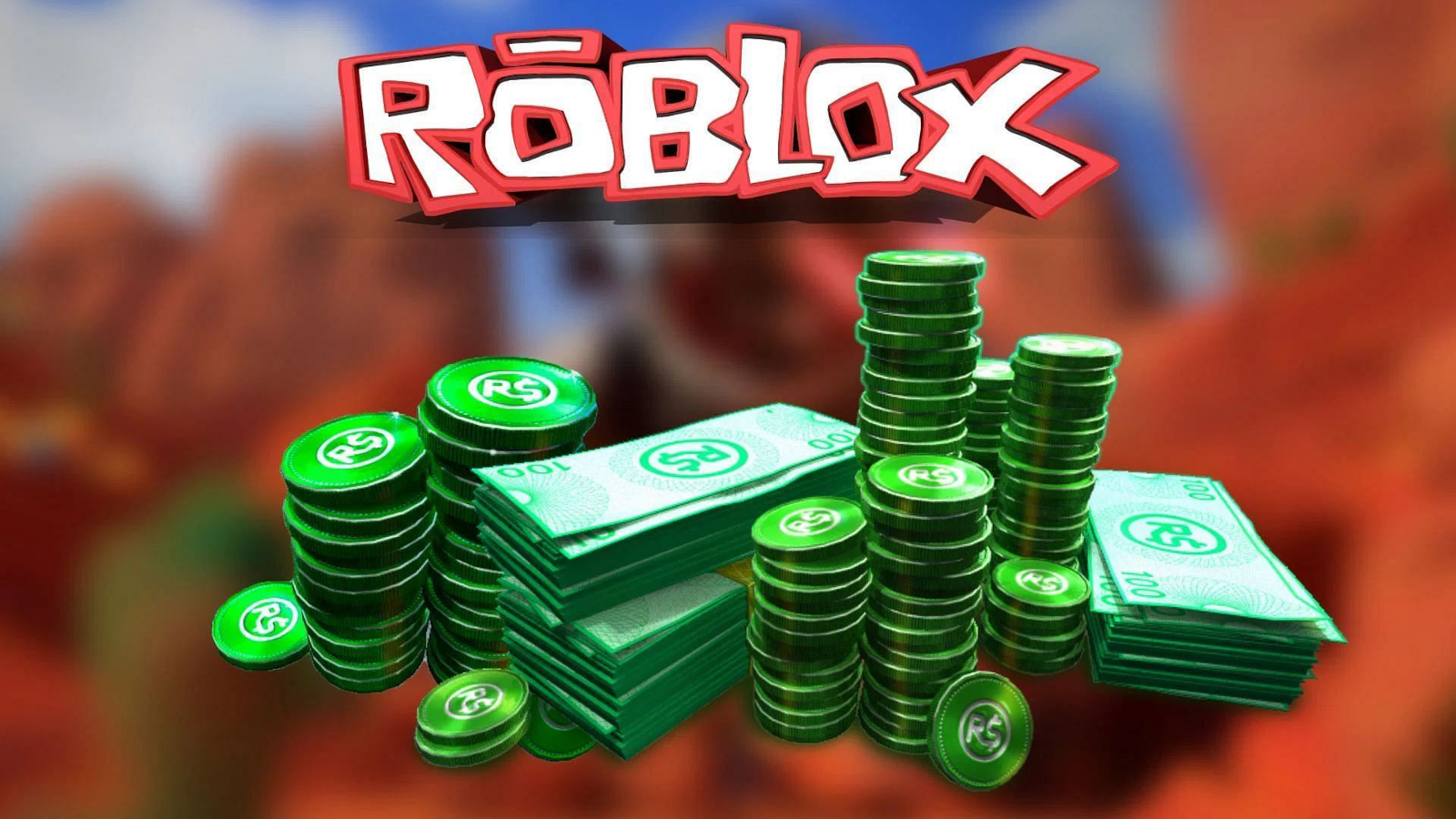English US | USD
English US | USD
FAQ
Frequently Asked Questions
This website uses cookies to enhance your browsing experience, analyze site traffic, and personalize content. By using this site, you agree to the use of cookies.
MMOBOMB
Sep 14, 2024

We’re all familiar with them, the games where you can’t just buy an item outright. Rather, you have to buy a sum of in-game currency – which is always too much or too little for the item you want – and end up spending more than the item you’re trying to buy is worth. Sure, now you have spare currency on your account, but if you don’t want that to go to waste, you’re going to have to buy more of it to purchase other in-game items. It’s a great tactic if you’re a game developer who wants to make a lot of money.
As you’d expect, not everyone is okay with it. It’s a pretty sure bet most adult gamers would be happier just buying the thing they want outright. Parents would rather their kids aren’t effectively being scammed by giant companies – particularly because it’s their money.
Enter the European Consumer Organization (BEUC), in conjunction with the European Commission and the European Network of Consumer Authorities, who filed a complaint against Epic Games, Electronic Arts, Roblox, Activision Blizzard, Supercell, Ubisoft, and Mojang Studios. The complaint accuses them of using paid in-game currencies to “trick” consumers into overspending.
To address this, the BEUC recommends one of two options – banning in-game and in-app paid currencies or prohibiting access to them for minors. They also suggest that consumer’s legal rights be better outlined.
Of course, the big focus here is children. As the complaint notes “premium in-game currencies are purposefully tricking customers and take a big toll on children.” It goes on to note that companies are purposefully using tricks to get younger players to spend more.
The organization representing major game companies in Europe – Video Games Europe – responded to the complaint in a statement to TechCrunch saying that “the purchase of in-game currencies is a well-established practice, and well understood by players” and that their members “always respect European consumer laws in how they offer [those] purchases”.
Their statement ends with “The PEGI Code of Conduct requires developers to ensure that the real-world cost is clear and unambiguous at the point of purchase of the in-game currency.”
I don’t think anyone will argue that the cost of the currency itself isn’t clear. It’s how the item you actually want to buy (because no one’s buying the currency just to have the currency) translates to real-world money that’s the issue. It's not an issue the companies are likely inclined to address considering that their “self-regulation” of things like loot boxes have been found to be wanting.